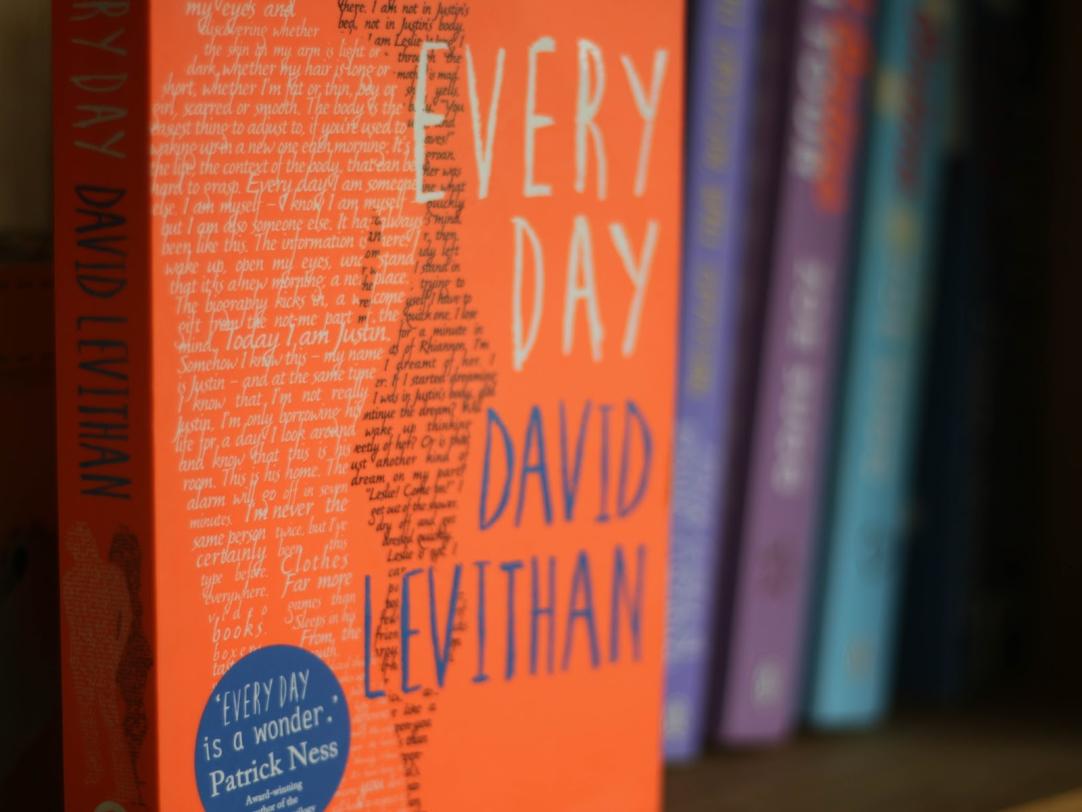How Can Book Reviews Help Promote Literary Culture?
Book reviews play a pivotal role in shaping and promoting literary culture. They provide a platform for critical analysis, influence reading habits, and stimulate intellectual engagement. This article delves into the impact of book reviews on literary culture, exploring various types of reviews, criteria for effective reviews, and their role as a tool for literary promotion.

Impact Of Book Reviews On Literary Culture
- Critical Analysis and Evaluation: Book reviews offer a platform for literary critics, journalists, and academics to provide insightful analysis and evaluation of books. These reviews help readers understand the strengths, weaknesses, and significance of a particular work.
- Discovery of New Authors and Genres: Reviews introduce readers to new authors, genres, and literary trends. They help broaden readers' literary horizons and encourage them to explore diverse works.
- Literary Discussions and Debates: Book reviews stimulate literary discussions and debates among readers, critics, and authors. These discussions generate intellectual engagement and foster a deeper understanding of literature.
- Boosting Book Sales and Author Visibility: Positive reviews can significantly boost book sales and increase an author's visibility. They can generate buzz and excitement, leading to increased demand for the book.
- Controversy and Increased Interest: Negative reviews can also generate controversy and spark discussions, ultimately leading to increased interest in the book. While negative reviews may not directly boost sales, they can still contribute to the overall visibility and awareness of the book.
Types Of Book Reviews
- Professional Reviews: Written by literary critics, journalists, or academics, professional reviews provide in-depth analysis and evaluation of books. They are often found in newspapers, magazines, and literary journals.
- Reader Reviews: Shared on online platforms like Goodreads, Amazon, or personal blogs, reader reviews offer personal perspectives and opinions on books. They provide a glimpse into the thoughts and feelings of everyday readers.
- Academic Reviews: Found in scholarly journals and publications, academic reviews provide detailed analysis and critique of books from an academic perspective. They are typically written by professors, researchers, or graduate students.
- Comparative Reviews: Comparative reviews juxtapose multiple books on a similar theme or genre, highlighting their similarities and differences. They offer readers a broader perspective on a particular topic or literary movement.
- Thematic Reviews: Thematic reviews explore broader literary trends or movements, examining how different books contribute to or challenge prevailing literary norms.
Criteria For Effective Book Reviews
- Objectivity and Fairness: Reviews should be based on the merits of the book, avoiding personal biases or preferences. They should provide a balanced and fair assessment of the book's strengths and weaknesses.
- Clear and Concise Language: Reviews should be written in clear and concise language, avoiding jargon or overly technical terms. They should be accessible to a wide audience, regardless of their literary background.
- Insightful Analysis: Reviews should provide thoughtful commentary and analysis, offering readers a deeper understanding of the book's themes, characters, and writing style. They should highlight the book's unique qualities and contributions to literature.
- Comparative Analysis: Reviews can compare the book to similar works, highlighting its strengths and weaknesses in relation to other books in the same genre or on a similar topic.
- Ethical Considerations: Reviews should avoid spoilers and respect the author's intent. They should provide constructive criticism without resorting to personal attacks or insults.
Book Reviews As A Tool For Literary Promotion
- Book Clubs and Reading Groups: Reviews can inspire discussions and encourage readers to explore new books. Book clubs and reading groups often use reviews as a starting point for their discussions, fostering a sense of community and shared literary experiences.
- Libraries and Bookstores: Reviews can guide readers in their book selection and help librarians curate their collections. Positive reviews can increase the visibility of a book and make it more likely to be stocked in libraries and bookstores.
- Literary Festivals and Events: Reviews can generate buzz and interest in upcoming literary events, such as book launches, author readings, and literary festivals. They can help attract attendees and create a sense of excitement around the event.
- Online Platforms: Reviews shared on social media and book review websites can reach a global audience. They can generate discussion and debate, leading to increased awareness and interest in the book.
- Awards and Recognition: Positive reviews can contribute to an author's eligibility for literary awards and recognition. Awards and recognition can further boost the book's visibility and sales.
Book reviews play a vital role in promoting literary culture by providing a platform for critical analysis, shaping public opinion, and influencing reading habits. They help readers discover new authors and genres, stimulate intellectual engagement, and foster a vibrant literary community. As readers, we can actively engage with book reviews, participate in literary discussions, and support authors and publishers in their efforts to create and promote meaningful literature.
YesNo

Leave a Reply